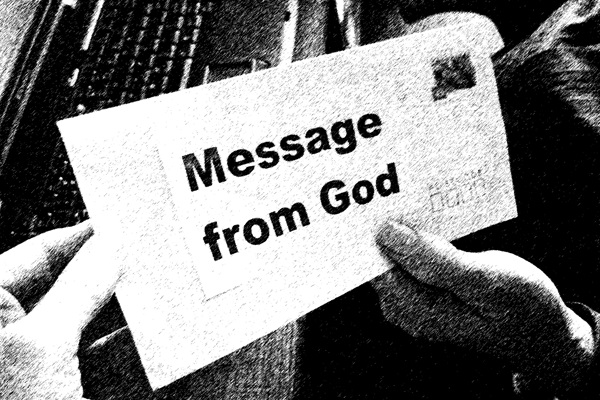Lifestyle News: Fashion, Health, Relationships & More | The Mirror - Graphic Online

'Godsplaining'• Divine intervention or political manipulation?
Godsplaining,' a term coined by a Communication Studies expert from the University of Cape Coast, Dr Wincharles Coker who describes how influential religious leaders interpret God's will to explain or predict electoral outcomes.
This practice is now at the forefront of Ghana's political discourse, raising questions about the intersection of faith and democracy.
The researcher has been studying this trend since the last three election cycle.
His research, focusing on interviews with prominent Ghanaian prophets, reveals a sophisticated use of rhetorical strategies aimed at swaying public opinion.
"These religious leaders have been employing five key tactics," Dr Coker explains.
"They appeal to prophetic authority, use biblical allusions, share anecdotes, pose rhetorical questions, and engage in a delicate balance of accusation and self-defence."
His latest study analysed interviews with two influential prophets following the 2020 elections.
Prophet Isaac Owusu Bempah, perceived to support the ruling New Patriotic Party (NPP), and Prophet Emmanuel Badu Kobi, seemingly aligned with the opposition National Democratic Congress (NDC), both claimed divine insight into the election results.
What's particularly interesting, Dr Coker notes, "is how their interpretations of God's will often aligned conveniently with their perceived political affiliations."
As the 2024 campaign season intensifies, political analysts are observing an uptick in prophetic declarations. This resurgence of 'godsplaining' is raising concerns among democracy watchdogs about its potential impact on voter behaviour.
There's a risk that voters might be unduly influenced by these supposed divine endorsements rather than focusing on policy issues and candidate qualifications.
However, the influence of religion in Ghanaian politics is not new. In a country where over 70 per cent of the population identifies as Christian, spiritual guidance has long played a role in shaping public opinion. It is therefore arguable that, our prophets have a duty to share God's message with the people. It is up to individuals to discern and make their own choices.
Will these prophetic declarations sway the electorate, or will voters approach them with increased skepticism?
Dr Coker's research serves as a timely reminder of the complex interplay between faith, politics, and public discourse in contemporary African democracies.
The writer is a Master of Philosophy student at the Department of Communication Studies, University of Cape Coast

